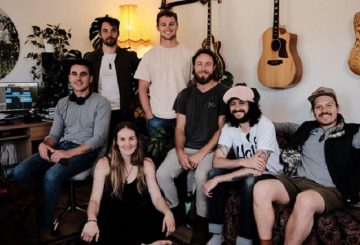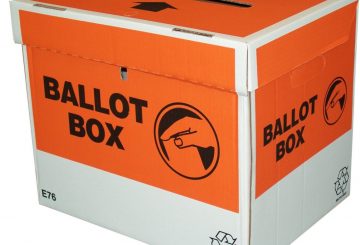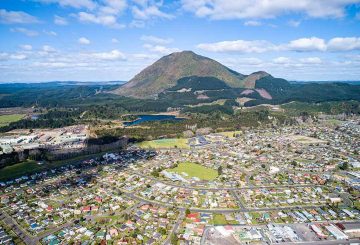ACC’s Nymbl, a strength and balance app for older adults, celebrated its first anniversary. Over the past year, more than 33,000 older New Zealanders have downloaded the free app, which helps them stay steady on their feet and maintain their confidence.
Nymbl is designed to help older adults check, maintain, and improve their balance. “Falls can greatly affect a person’s quality of life, particularly if they result in a fracture. We aim to prevent falls from happening in the first place,” said James Whitaker, the lead of ACC’s injury prevention programme.
The app, launched in April last year, is part of ACC’s Live Stronger for Longer programme, which aims to prevent falls and fractures. Nymbl combines simple body movements with easy brain games, like trivia, to challenge both the mind and body. This dual-tasking approach has been scientifically proven to improve balance faster than just physical exercise alone.
Falls are the most common cause of injury in New Zealand, accounting for 39% of all ACC claims. The most severe injuries from falls are fractures and head injuries. Falls become more frequent as we age, with one in three people over 65 injuring themselves in a fall every year. This increases to one in two once they reach 80.
Injuries from falls can lead to a loss of independence, social isolation, and loneliness, which can further increase the risk of falls and fall injuries. Around 30% of people aged 65 and over who live in the community will fall at least once a year, and 10 to 20% will need hospitalisation.
“We want to help New Zealanders stay on their feet, enjoy their independence, and lead the life they want,” said James. “We want to dispel the idea that falling over is part of the ageing process. Most falls are preventable.”
ACC’s Live Stronger for Longer injury prevention programme has two prevention tools. First, Strength and Balance, delivered via community classes around the country or by the Nymbl app, aims to reduce the rate of falls. Second, the Fracture Liaison Services, aims to minimise the rate of secondary fragility fractures. “We want to support older New Zealanders to work on their strength and balance so they can keep enjoying their independence,” James added.

















































-helped-regain-her-strength-and-balance-using-Nymbl-after-a-fall.-660x440.jpg)












